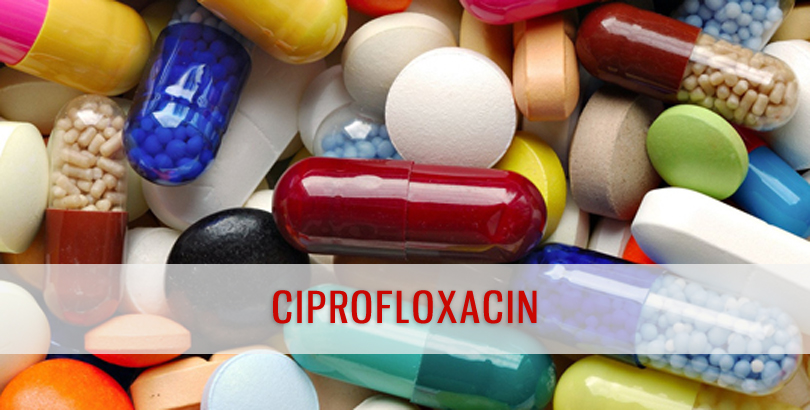Metformin is an oral hypoglycemic agent or anti diabetes drug belonging to the class Biguanides.
Mechanism Of Action:
Metformin acts as an insulin sensitizing agent, thus reducing insulin resistance. It also decreases glucose production by liver and intestinal glucose absorption.
Metabolism:
Metformin is metabolized mainly through kidneys and is excreted through urine. It is dialysable.
Indications:
Type 2 Diabetes: Metformin counters insulin resistance, the chief pathology of Type 2 Diabetes,thus reducing insulin levels.
PCOS: A large percentage of PCOS patients have insulin resistance or type 2 Diabetes for which Metformin is indicated. It also reduces signs of Insulin resistance.
Obesity: Metformin is anorexigenic and promotes weight loss.
Dosage:
In type 2 Diabetes, maximum 2500 mg a day, in divided doses is given as monotherapy or in combination
In PCOS, 850-1000 mg a day is given generally as monotherapy
In kidney impairment, dose is adjusted as per creatinine clearance.
Caution:
- Caution is advised in congestive heart failure, fever, trauma, surgery, the elderly or hepatic impairment
- Instruct patients to avoid heavy alcohol use
- Suspend therapy prior to any type of surgery
- Rare, but serious, lactic acidosis can occur due to accumulation
- May cause ovulation in anovulatory and premenopausal PCOS patients
- May be necessary to discontinue therapy with metformin and administer insulin if patient is exposed to stress (fever, trauma, infection)
Adverse Effects:
- Hypoglycemia
- Diarrhea
- Flatulence
- Weakness
- Myalgia
- Lactic acidosis (rare)
- Low serum vitamin B-12
- Nausea/vomiting
Interactions:
The major interactions are with contract agents and with ethanol.
Minor interactions are with amiodarone, antibiotics like quinilones, antiviral drugs etc.
Use In Pregnancy:
Metformin is a category B drug in pregnancy, meaning studies in humans have not shown major teratogenicity.
Common Brand Names In India:
Glycomet, Glyciphage, Carbophage, Cetapin




















